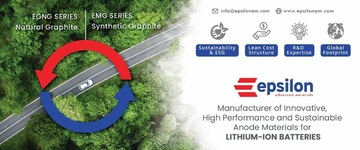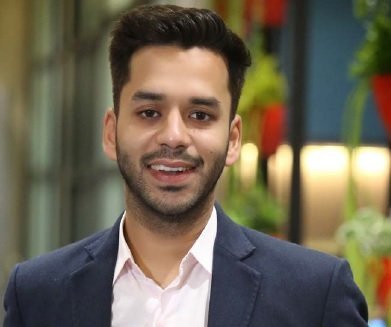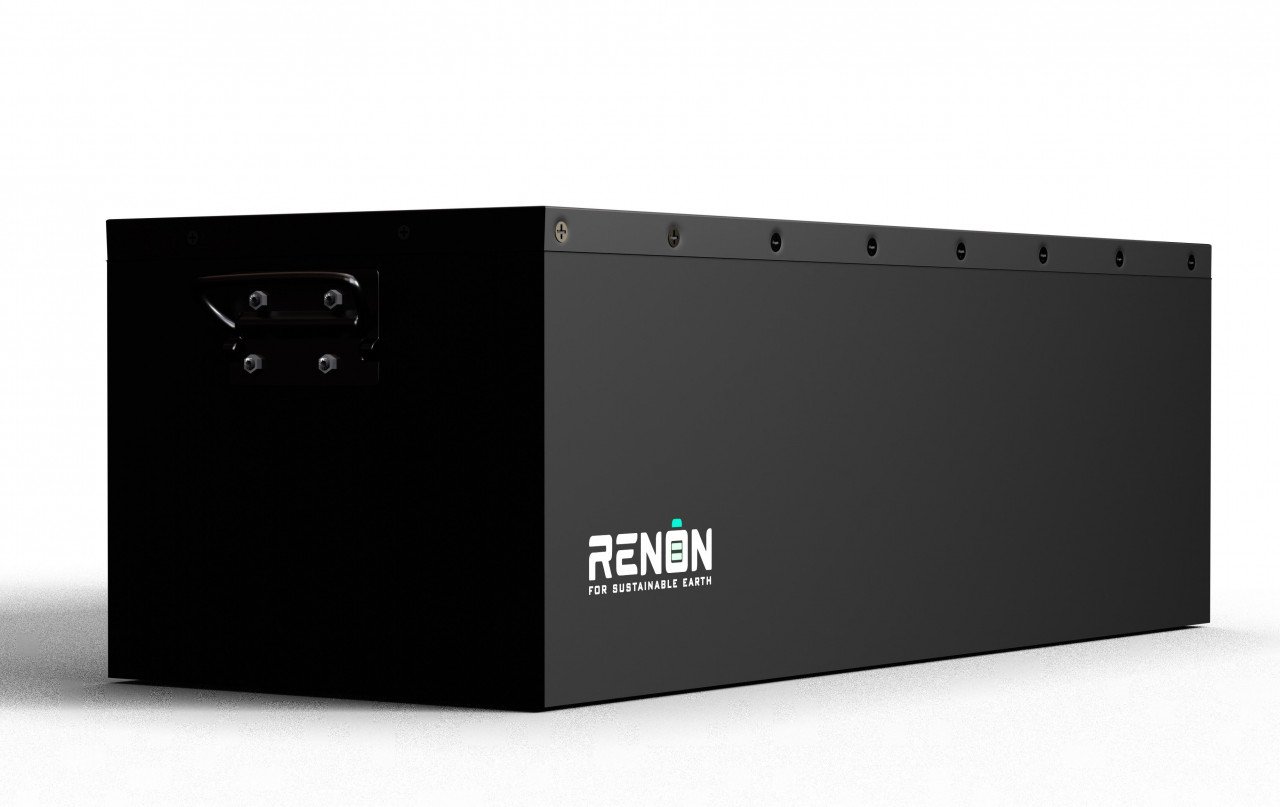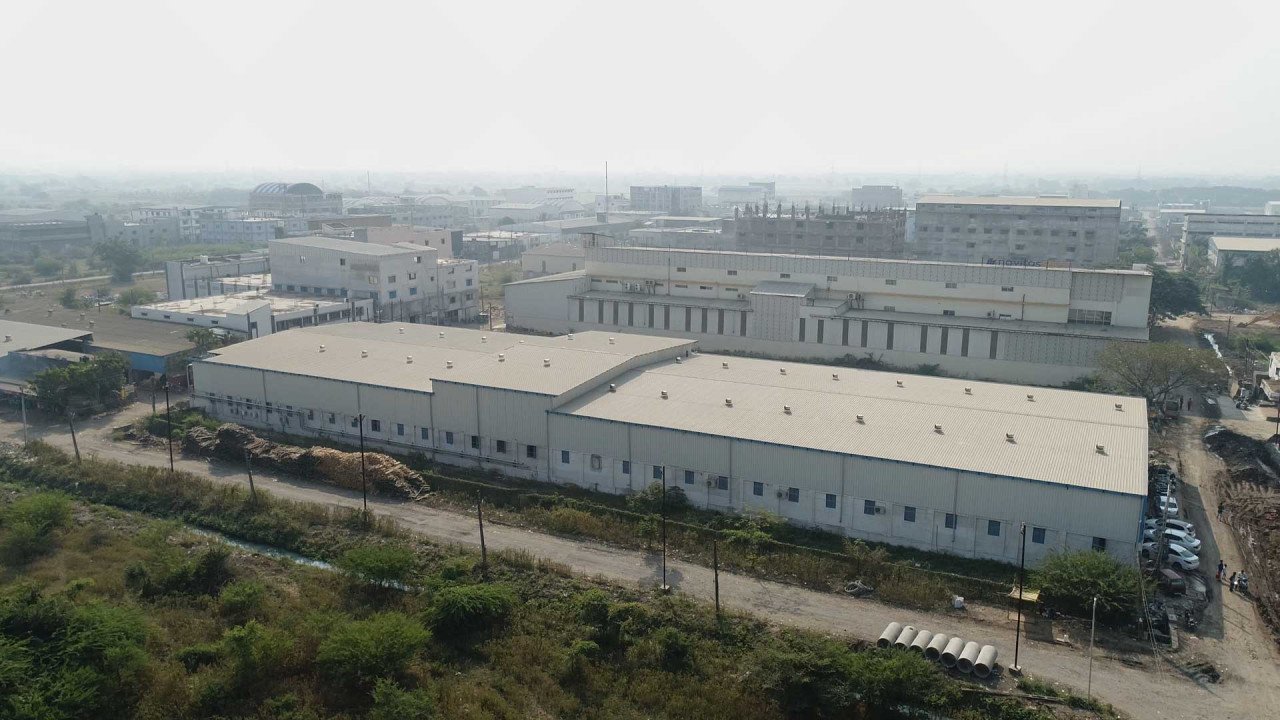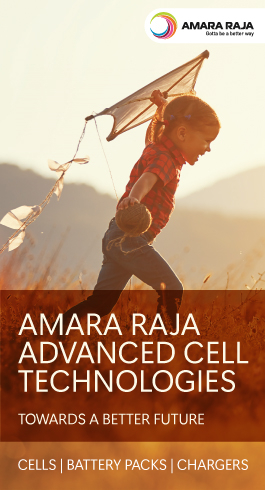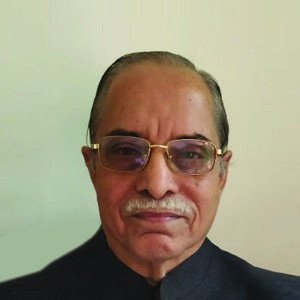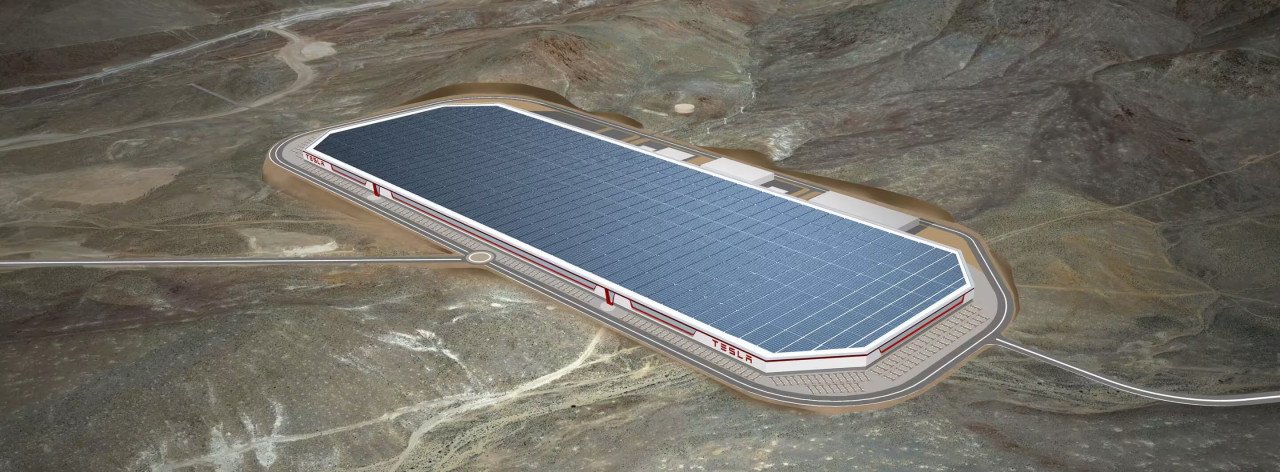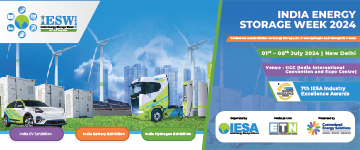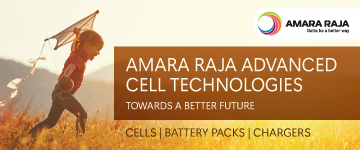Entering the battery manufacturing space
Yash Roongta, Director – Renon India, shares insights with ETN on the company's venture into the lithium battery space.
Q: Renon India manufactures battery packs for the Indian market. As a startup, what is the expertise and experience that you bring to this enterprise?
Back in 2018, Renon started with the goal to enter into the lithium-ion battery business, since as a group we were already in the energy sector as manufacturers of solar panels for the global market. It made sense for us to pursue a business that complements our existing businesses because it is a known fact that solar plus storage is to be a big opportunity for existing players in the energy market.
In two years, we did on-ground research in China as well as in India to understand business models as well lithium batteries. From 2018 to 2020, we learned and set up our 200 MWh production line for manufacturing batteries in Surat. Despite the COVID-19 scenario, where everyone was worried about business prospects in the EV market, we started our production of lithium batteries on August 5, 2020, for the storage and mobility markets. Today, we already command a good battery market for solar applications as well as for EV applications.
Personally, as a Mechanical Engineer from BMSCE College, Bangalore, and an MBA from Babson College, Boston, I bring expertise such as product design thinking and building a startup through problem-based ideation.
Q: What is the investment that Renon India has made so far and what are you looking at in the long term?
Till now we have invested $2 million in setting up the manufacturing plant, and towards working capital needs.
Q: You aim to be one of the largest battery manufacturers and battery experts in the country. How well are you established in achieving this goal? In what way do you distinguish yourself from the competition?
To achieve our goal of being the largest battery manufacturer, we started with a pilot plant of 200MWh in 2020, and this year we are expanding our capacity to 500MWh. We have in-house R&D capability to design, develop and validate power electronics and thermal components that go into lithium battery packs. Over the past year, we have invested a lot of time, energy, and money to benchmark the performance at cell and battery levels for different applications through laboratory testing as well as on-road testing. I would not say we have become experts in just two years, but we have reached a point where we can proudly offer our products for different applications in the Indian market at the right cost.
Generally speaking, the majority of the battery manufacturers do not focus on quality in production. We have high precision testing facilities to ensure quality in our manufactured batteries. We do extensive research and testing before launching our batteries for any application. Also, we educate the customer about cost versus performance related to lithium batteries so that they can choose the most appropriate batteries that suit their requirements. This is what distinguishes us from other battery manufacturers.
Q: You have a production plant at Surat, Gujarat. What percentage of Renon's battery pack is indigenously manufactured?
The lithium cell sourcing is done from various countries such as Taiwan, Korea, China, etc., depending on the cost versus performance requirement from the customer. The rest of the components are designed and developed in-house at Renon. The manufacturing of these components is done locally in Gujarat. So, one could say 50 percent of the battery pack is indigenously manufactured.
Q: What battery chemistries do you deal with? Could you elaborate on the special features of your battery types?
We deal in both LFP and NMC chemistry because of the wide product range that we offer at Renon. Our batteries are safe and offer reliable performance throughout their life. To name a few features, we offer customizable solutions for EV manufacturers in terms of dimension, weight, and performance. We also offer customization at the BMS level to meet the cost expectations of the customer.
Q: Do you also engage in the battery recycling space?
We have not yet entered into the recycling space, but we are planning to set up a pilot project for the recycling of lithium batteries in Surat in the next two years.
Q: What are the other products in Renon India's portfolio?
We offer lithium batteries for applications like solar street light; solar home lighting; solar pumps; e-2W, e-3W, e-bicycle, and wheelchair as well as off-grid power backup. UPS and BESS are two applications that we will soon launch in the coming months.
Q: Based on your involvement in the e-mobility space, what do you believe is essential to speed up the adoption of green transport in India?
R&D and manufacturing infrastructure is what we need in order to speed up adoption of green transport in India. If we continue to rely on other countries for innovation and material sourcing, we will never be able to make a suitable product that is required for the Indian market.

